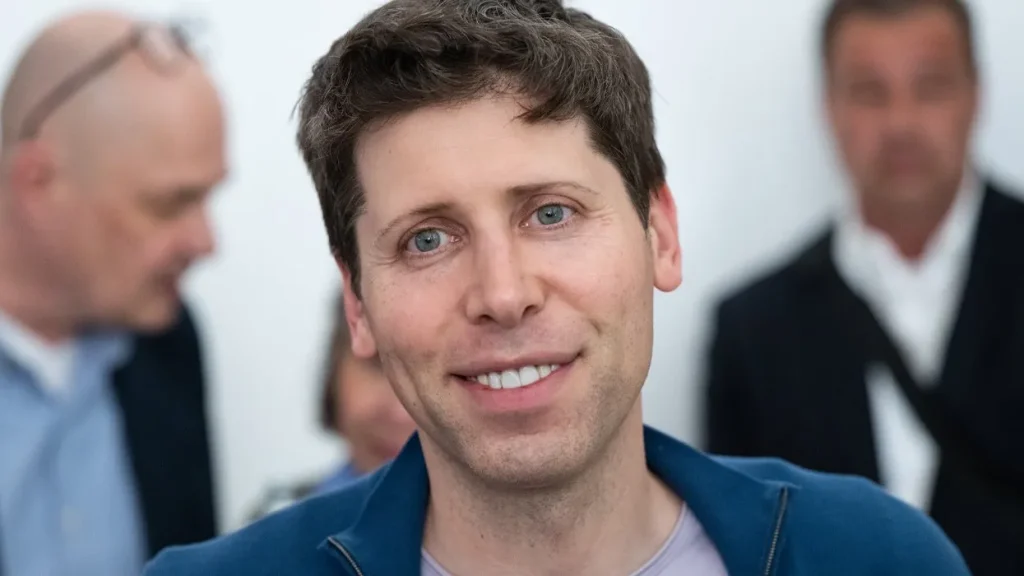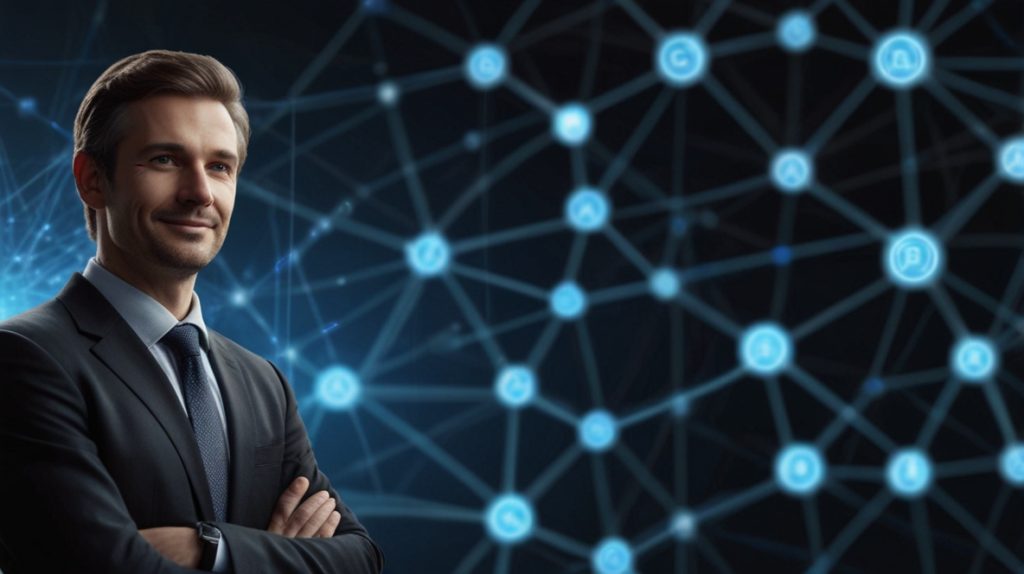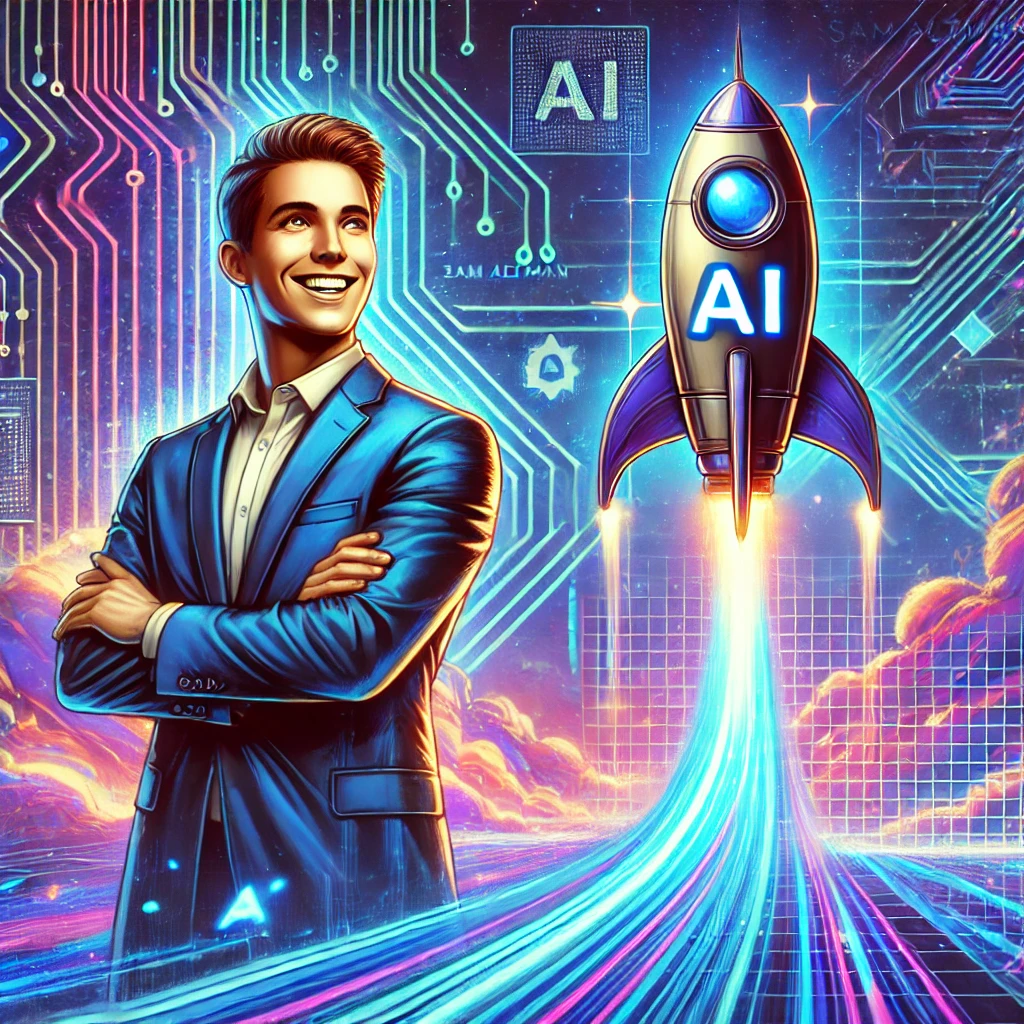In the rapidly evolving landscape of technology, few innovations have captivated public interest as swiftly and profoundly as OpenAI’s ChatGPT. Launched in November 2022, this AI chatbot has not only redefined human-computer interaction but has also achieved unprecedented user growth, challenging industry titans like Google and Microsoft. At the helm of this revolution is Sam Altman, whose visionary leadership has been instrumental in propelling ChatGPT to its current prominence.

The Meteoric Ascent of ChatGPT
ChatGPT’s journey from its inception to becoming a global phenomenon is nothing short of remarkable. Within just five days of its launch, it amassed over one million users—a milestone that platforms like Instagram and Netflix took months, even years, to reach. By January 2023, ChatGPT had garnered 100 million users, setting a record for the fastest-growing consumer application in history. This growth trajectory continued, with the user base expanding to 300 million by December 2024 and reaching 400 million weekly active users by February 2025.
Several factors have contributed to this explosive growth:
- Accessibility and Versatility: ChatGPT’s design caters to a broad spectrum of applications, from answering queries and generating content to debugging code and crafting art prompts. This versatility has made it indispensable to students, professionals, and creatives alike.
- Continuous Innovation: OpenAI’s unwavering commitment to enhancing its models has been pivotal. The introduction of advanced reasoning models like “o1” and “o3,” coupled with multimodal capabilities that process text, images, and more, has significantly bolstered the chatbot’s utility.
- Strategic Partnerships: Collaborations with industry leaders have amplified ChatGPT’s reach. Notably, a strategic partnership with Apple integrated ChatGPT into iPhones, further accelerating user adoption.
Sam Altman: The Visionary Leader
Sam Altman, OpenAI’s CEO and co-founder, has been the driving force behind ChatGPT’s meteoric rise. A seasoned entrepreneur renowned for his strategic foresight, Altman has steered OpenAI from its inception as a research lab in 2015 to its current status as a leader in generative AI. His leadership style is characterized by an altruistic and humanitarian approach, recognizing the transformative potential of artificial general intelligence (AGI) and emphasizing its responsible development for societal benefit.
Altman’s tenure has not been without challenges. In 2023, he faced a brief ouster from OpenAI, an event that underscored his resilience and the strong bond he shares with his team. His return to the helm was marked by overwhelming support from employees, reflecting the deep trust and loyalty he has cultivated.

Transformative Impact Across Industries
The rapid adoption of ChatGPT has had profound implications across various sectors:
- Education: Educational institutions worldwide are navigating the integration of ChatGPT into learning environments. While some educators view it as a tool to enhance learning, others express concerns about potential misuse in academic settings.
- Healthcare: Medical professionals are leveraging ChatGPT for tasks such as summarizing patient records and answering complex medical queries, thereby streamlining workflows and improving efficiency.
- Business: From automating customer service to generating marketing content, businesses are harnessing ChatGPT to reduce costs and boost productivity. Notably, a significant number of Fortune 500 companies have integrated OpenAI’s products into their operations.
- Technology: ChatGPT’s success has spurred competitors like Google and Meta to accelerate their own AI initiatives, fostering rapid advancements in the field.
Challenges on the Horizon
Despite its successes, ChatGPT faces several challenges:
- Accuracy and Reliability: While impressive, the chatbot is not infallible. Instances where it generates incorrect or nonsensical answers can undermine user trust.
- Ethical Concerns: As AI becomes more integrated into daily life, questions about bias, privacy, and accountability are becoming increasingly urgent.
- Competition: Rivals like Google’s Bard and Meta’s Llama models are vying for market share with frequent updates and innovations.
OpenAI must navigate these challenges carefully to maintain its leadership position.

Looking Ahead
As we progress through 2025, the future appears promising for ChatGPT and OpenAI. The company is projected to generate nearly $3 billion in revenue this year, up from $1.2 billion in 2023—a testament to its growing influence. With ongoing investments in research and development, OpenAI is well-positioned to continue shaping the AI landscape.
For Sam Altman, however, the journey is about more than just financial success. His vision extends beyond individual products like ChatGPT to the broader goal of creating AGI that benefits humanity as a whole. Whether this ambitious vision comes to fruition remains to be seen, but one thing is certain: Altman’s smile reflects not just past achievements but also the promise of what lies ahead.
In conclusion, ChatGPT’s explosive user growth is a testament to the power of innovation when combined with strategic execution. Under Sam Altman’s leadership, OpenAI has transformed an experimental chatbot into a global phenomenon that is reshaping industries and redefining technological possibilities. As we stand on the cusp of an AI-driven future, one can’t help but wonder what new milestones await—and whether Altman’s smile will grow even wider in the years to come.

The true legacy of ChatGPT may ultimately transcend its impressive statistics and technological achievements. What we’re witnessing is not merely the adoption of a new tool but the emergence of a new paradigm in human-machine collaboration. As AI systems become increasingly sophisticated and integrated into our daily lives, the boundary between human and artificial intelligence continues to blur, raising profound questions about cognition, consciousness, and creativity. The next frontier likely involves AI systems that not only respond to human queries but actively participate in knowledge creation and problem-solving in ways we’ve yet to imagine. The societal implications of such developments will require thoughtful governance frameworks that balance innovation with ethical considerations, ensuring that the benefits of AI are distributed equitably across humanity. This balance may prove to be Altman’s most challenging—and most important—achievement yet.
Copyright©dhaka.ai
tags: Artificial Intelligence, Ai, Dhaka Ai, Ai In Bangladesh, Ai In Dhaka, ChatGPT, Sam Altman



